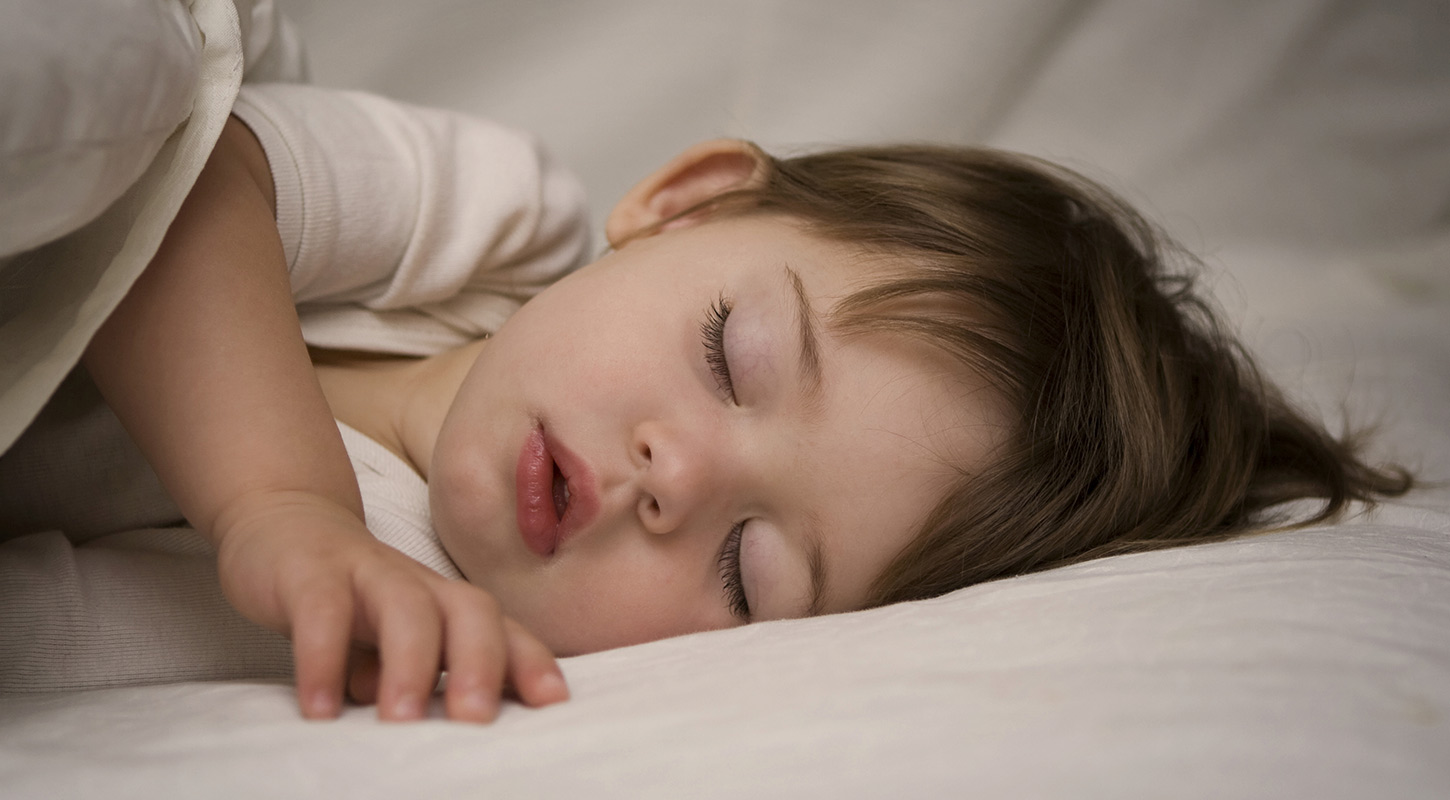The Importance of Sleep for Children

Everyone needs sleep, but for children it is especially important. During early development, sleep is the primary activity of the brain. The sleep-wake cycle, called Circadian rhythms, begins to develop when babies are around six weeks old. By the time they are three to six months of age, most infants have a regular sleep schedule. Mental and physical development in children is impacted by sleep, so make sure you know the facts about sleep for children of different ages.
Newborns
On average, newborns sleep between 10.5 to 18 hours per day and typically spend one to three hours awake at a time. During sleep, newborns are usually active. When a baby this age needs to sleep, they will fuss, cry, rub their eyes, or use unique gestures to indicate they are tired. Putting babies down to bed before they actually fall asleep is a good approach because it teaches them how to fall asleep by themselves. Do your best to encourage nighttime sleep and put your baby to bed without any other items like blankets or stuffed animals.
Infants
Once your child is six months old, it is more likely he will sleep through the night. On average, infants typically sleep 9-12 hours through the night and take naps throughout the day. Putting an infant to bed while he is drowsy helps him fall asleep independently and go back to sleep if he wakes up during the night. Try to develop a regular schedule throughout the day and for bedtime. Pair that schedule with a consistent bedtime routine.
Toddlers
Your toddler should be getting between 11 to 14 hours of sleep during the night. Naptimes will begin to decrease as they get older, and it is important to avoid naps too close to bedtime as this could make sleeping at night more difficult. Because toddlers are more independent, sleep problems can become more common. If you notice daytime sleepiness or behavior problems, this could be a sign of poor sleep. To improve sleep for your child, maintain a sleep schedule and consistent routine at bedtime. Make sure the environment is consistent and set limits.
Preschoolers
For children between the ages of three and five, 11 to 13 hours per night should be spent sleeping. It becomes more common for children to wake up throughout the night and have trouble falling asleep. At this age, sleep disorders like sleepwalking and sleep terrors may surface. Make sure your child has the same sleeping environment every night in a room that is quiet and dark. Continue to implement the bedtime routine and keep a consistent sleep schedule.
School-Aged Kids
Children ages six to 13 should be getting between 9 to 11 hours of sleep each night. Kids that are this age have additional responsibilities with school and extracurricular activities and often enjoy spending more time with technology. Things like watching television before bedtime, consuming too much caffeine, or playing video games in the evening can lead to difficulty falling asleep. These children should be taught healthy sleeping habits. Keep televisions and computers out of the bedroom and make sure their space is dark and quiet. Have them stay away from caffeine and continue to reiterate the importance of a sleep schedule.
What tips do you have for helping your child get a restful night’s sleep? Share with us in the comments.
